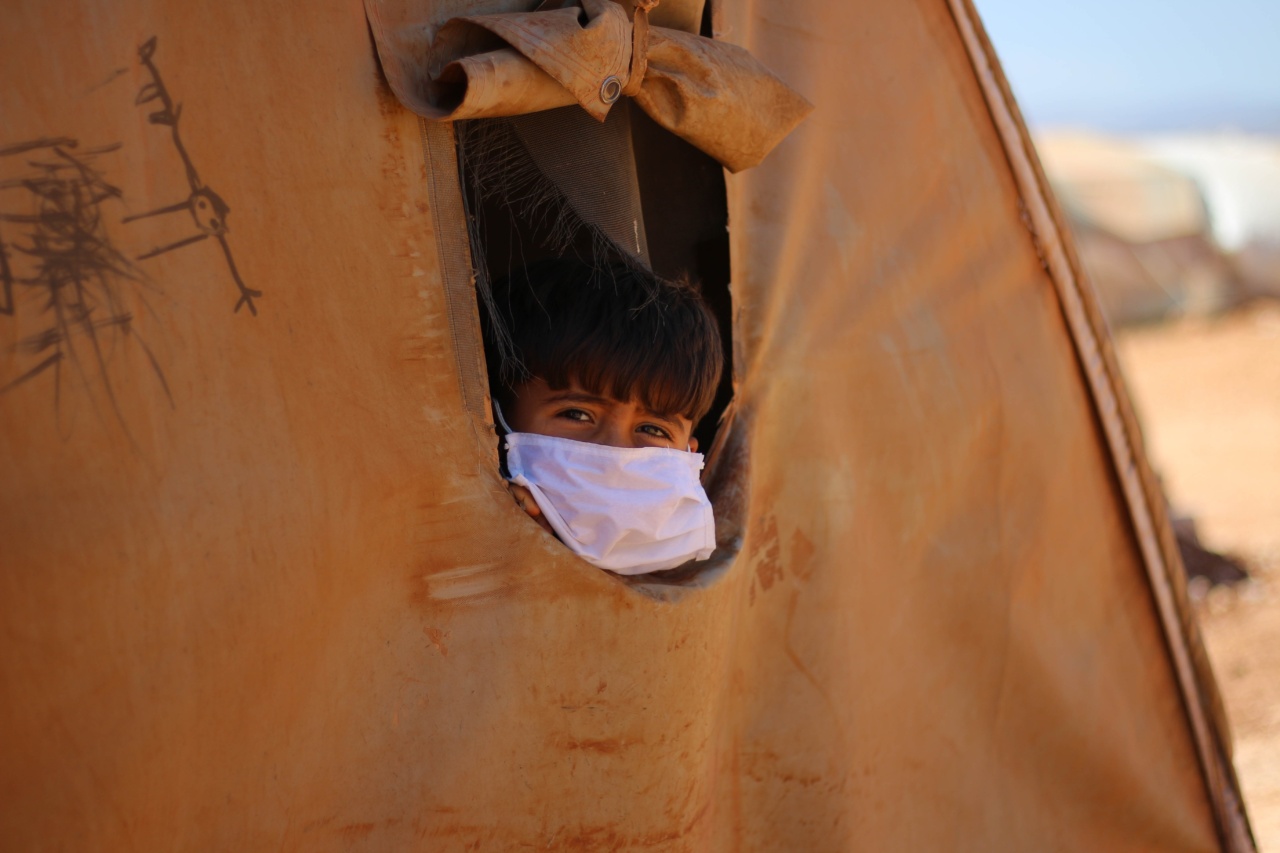Child rearing is a challenging task that can be overwhelming. As a parent, it’s important to ensure nothing is left out when it comes to raising your child.
However, when trying to make sure every detail is addressed, there’s a risk of overprotectiveness and stifling your child’s independence. This article aims to explore the balancing act of ensuring nothing is left out in child rearing while weighing the potential risks of over-parenting.
Establishing Effective Communication
The key to successful child rearing is effective communication. It’s essential to establish a strong bond with your child while fostering open communication lines.
Without a solid foundation of trust and communication, it’s difficult to address potential issues as they arise. Over-parenting, on the other hand, can hinder communication and limit your child’s ability to express themselves in a healthy manner. Finding the right balance between open communication and over-protectiveness is crucial.
Understanding Boundaries
Establishing healthy boundaries is an essential part of child rearing. Children need structure and routine to feel safe and secure. It’s important to set limits and stick to them to help your child understand the consequences of their actions.
However, it’s essential to recognize when boundaries may be too strict and impeding your child’s development. Over-protectiveness can lead to helicopter parenting, which can cause your child to develop anxiety and emotional dependency.
Encouraging Independence
Encouraging independence is an essential part of child rearing. As a parent, it’s important to provide your child with opportunities to learn and grow independently.
Allowing your child to take risks and make mistakes will help them develop their sense of self-efficacy. Over-protectiveness can stifle your child’s independence, causing them to become overly reliant on you and struggling to make their own decisions.
Recognizing the Signs of Over-Protectiveness
It’s important to be able to recognize the signs of over-protectiveness to prevent it from becoming an issue.
Signs of over-parenting can include doing everything for your child, not allowing them to make their own decisions, and becoming hyper-involved in their life. If you find yourself making all of your child’s choices or answering questions for them, it’s time to reassess your parenting style.
Learning to let go can be difficult, but it’s essential for your child’s emotional well-being and development.
Conclusion
Ensuring nothing is left out in child rearing while weighing the potential risks is a balancing act. It’s important to establish effective communication, healthy boundaries, and encourage your child’s independence.
Recognizing the signs of over-protectiveness is crucial for preventing it from becoming an issue. As a parent, it’s essential to find the right balance between over-protectiveness and fostering your child’s independence.





























